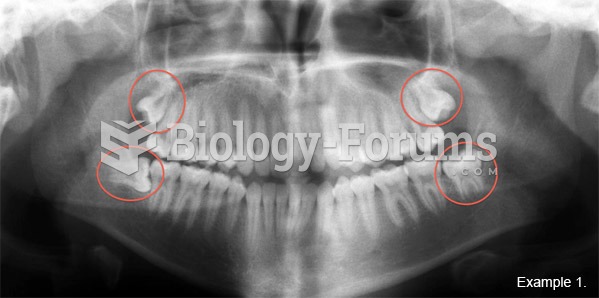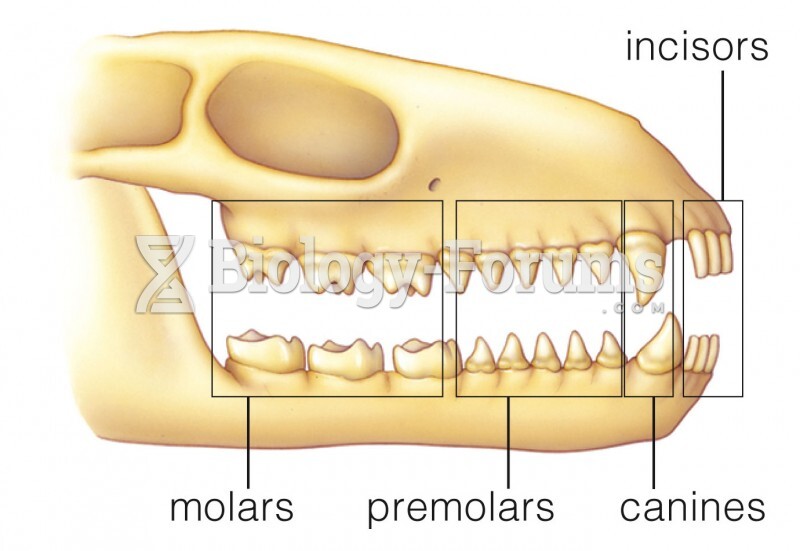|
|
|
Medication errors are more common among seriously ill patients than with those with minor conditions.
Acetaminophen (Tylenol) in overdose can seriously damage the liver. It should never be taken by people who use alcohol heavily; it can result in severe liver damage and even a condition requiring a liver transplant.
Cutaneous mucormycosis is a rare fungal infection that has been fatal in at least 29% of cases, and in as many as 83% of cases, depending on the patient's health prior to infection. It has occurred often after natural disasters such as tornados, and early treatment is essential.
More than 4.4billion prescriptions were dispensed within the United States in 2016.
Between 1999 and 2012, American adults with high total cholesterol decreased from 18.3% to 12.9%







